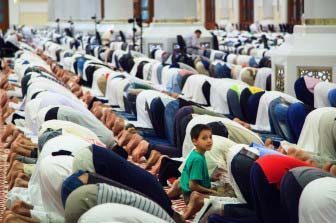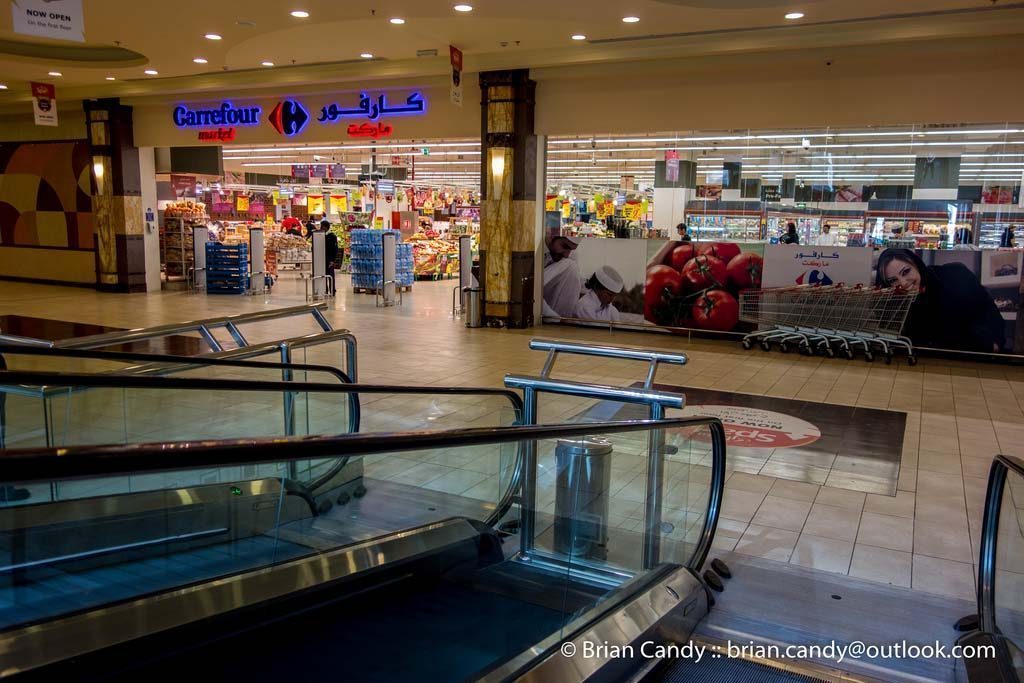
Commercial outlets that do not close for 90 minutes during Friday prayers in Qatar could face increased penalties of up to QR10,000, according to a new law signed yesterday by the Emir, Sheikh Tamim bin Hamad Al Thani.
The new legislation, Law No. 5 of 2015, reinforces the existing law (No. 3 of 1975).

That legislation already requires shops, clinics, cafes, restaurants, clubs, commercial and industrial outlets to close for an hour and a half starting from the first call (adhaan) to Friday prayers, which usually takes place around 11:15 am.
However, under Article 22 of the old law, the maximum penalty was QR5,000. Now, violators face fines of up to QR10,000 under Article 27 of the updated ruling, Al Raya reports.
Over the past several years, enforcement of the previous legislation has been uneven. While many small and local stores are usually closed for the required period, some larger supermarkets and hypermarkets stay shuttered for a shorter amount of time.
For example, a representative at Family Food Center told Doha News that his stores shut from 11:30am to 12:30pm on Fridays – half an hour less than required by law. Carrefour stores in Qatar also typically close for one hour during Friday prayers, according to the hypermarket chain’s website.
New licensing rules
The new law also makes it mandatory for shops, eating establishments, commercial and industrial outlets to register with the Ministry of Economy and Commerce (MEC) for an operating license, which would be valid for one year, renewable.
The ministry is set to issue a detailed list of all the outlets that require a license.
Businesses that are found to operate without a license face fines of up to QR50,000 and potentially up to one year in prison.

According to the Qatar Tribune, businesses that fail to renew their licenses can face fees of up to QR500,000 a month for three months.
Article 28 of the law also gives authorities the power to close a business for up to one year or revoke its trading license if it violates the provisions of the new legislation.
Street vendors also face tougher regulation under the new law. They must apply for a license to operate, and must openly display the license while they are trading.
They are banned from working in a number of locations, including near schools, education centers, hospitals or clinics under Article 24 of the law. They are not allowed to sell fireworks or any other banned items, and they cannot advertise their services by shouting or using bells, horns or a public address system.
Street vendors have for some time been the target of the authorities, which conducts periodic checks on licenses.
In 2013, as part of a crackdown on workers who quit their jobs and left their sponsors, more than 100 vendors were caught and detained.
At the time, the Ministry of Interior said it was taking a hard line on unlicensed vendors to protect consumers from buying food and goods that hadn’t been quality-tested.
Meanwhile, last March, the government announced it had set up a new department at the Office of Public Prosecution to deal with environmental and municipal violations, including illegal street traders.
Thoughts?







